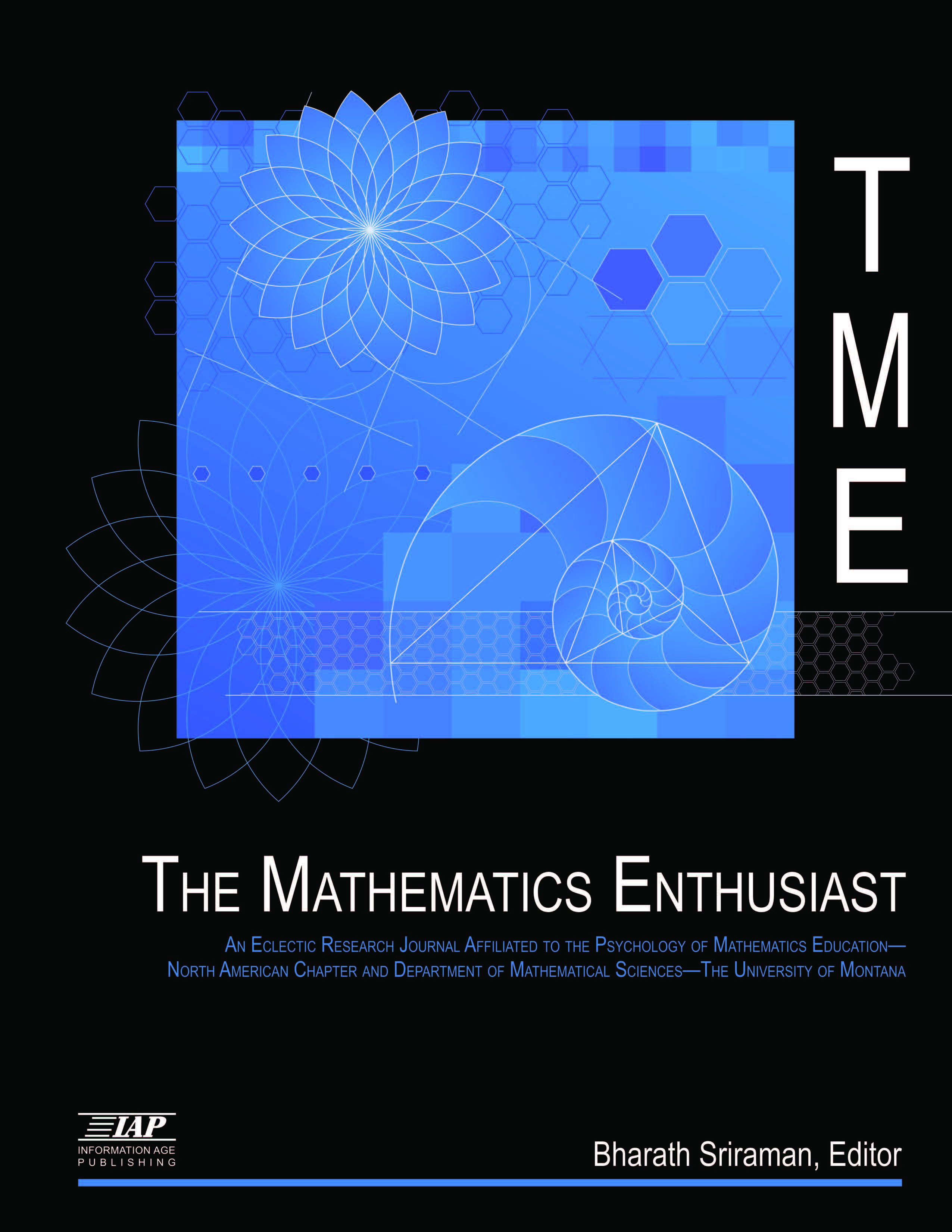
Volume
12
Issue
1-3
Abstract
This article presents results from a study on decision-making towards eventual participation to gambling activities by grade 4 students. For this study, six learning situations were proposed in a fourth grade classroom. The researcher, who was also the teacher, proposed some extra activities in order to define gambling. Students learned about probability and developed, at the same time, the ability to think critically about gambling. She then proposed three fictional situations of gambling to the students, and asked them if and why they would (or would not) participate in the situation. By studying the arguments that students provided, she explored how students’ probabilistic reasoning and critical thinking can influence their decision making towards these activities. This study therefore focuses on mathematical mobilization of resources in a citizenship approach. Results suggested that mathematical, sociocultural, and personal contexts were the determinants of which perspective the students were situated in. The results obtained show that the students’ arguments were based on a variety of aspects: the affectivity towards a game situation, the ethical aspects of the proposed activity, the affective conceptions towards the random effect, or finally the mathematical aspects of the situation. Students were also able to talk about the risks they faced when participating in those gambling activities.
First Page
226
Last Page
245
Recommended Citation
Savard, Annie
(2015)
"Making Decisions about Gambling: The Influence of Risk on Children’s Arguments,"
The Mathematics Enthusiast: Vol. 12
:
No.
1
, Article 20.
DOI: https://doi.org/10.54870/1551-3440.1345
Available at:
https://scholarworks.umt.edu/tme/vol12/iss1/20
Digital Object Identifier (DOI)
10.54870/1551-3440.1345
